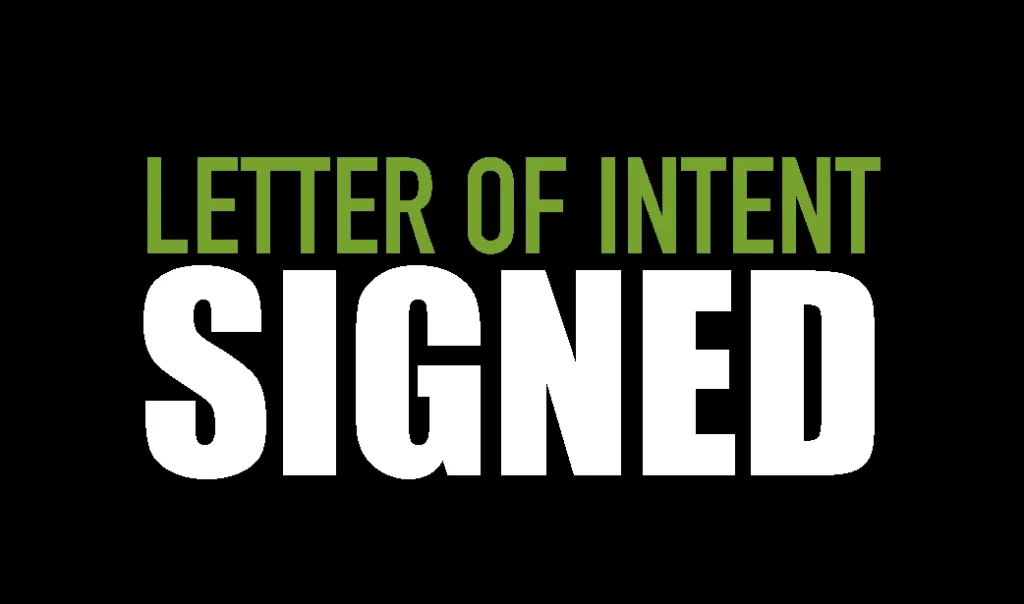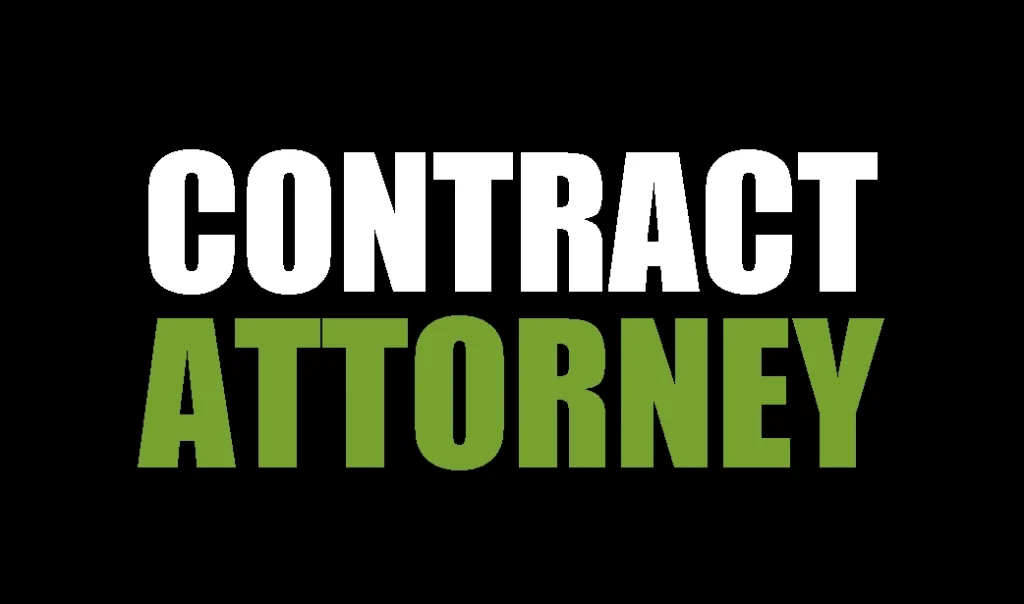Do not confuse an LOI (Letter of Intent) with a lease—they are two distinct documents. In the commercial real estate sector, a Letter of Intent holds significant importance as it signifies the initiation of negotiations between the potential renter and lessee. This document outlines the preliminary terms and conditions of a proposed transaction, serving as a roadmap for the subsequent stages of the deal. For this reason, it is important to understand what the building owner can contribute and what you are willing to compromise during the negotiation process. Building a relationship with the building owner or the representatives of the building is key. This is all done through your commercial broker. Is it important that they know exactly what you are trying to do with the space, hours of operations, any special permits needed, etc? In return, it is key you understand what they are willing to contribute to the overall success of your business, whether they contribute by providing you TIA (tenants improvement allowance).
In all of the spaces we visited, we took the time to ask questions and share our business model. We tried to simplify our business model as much as possible because what we do is unfair in the industry. The questions we asked were based on the space but also about the neighborhood. The LOI is the first step before signing a lease. The commercial broker is key throughout this whole process. The LOI can be created by the building owner or by the small business trying to rent the commercial space. We found it is best if the building owner creates the LOI because it captures their understanding of your business model and needs for space.
Once you have received an LOI, you will go through a back-and-forth process. The process can take days to weeks until both parties are happy with the document. At any point, any of the parties can walk away, which means no deal is reached. Through this process, we engaged the broker and the attorney. The end goal is to have an LOI that both parties agree to and sign, which will help the process move forward to the lease portion of the negotiation process. The broker dealt mostly with building relationships with the other renter’s broker and pushing the process forward. The attorney revised the document from a legal perspective and dealt with the renter’s attorney, assuring the agreement was reflected on the LOI. The whole process is a pull-and-push experience, which helps avoid any big legal issues in the near future.
Takeaways:
- Be ready to walk away.
- Be ready to compromise.
- Be ready for a short or long negotiation process.
- Be ready for long pauses between LOI back and forth. Some people might be on vacation.
- Be clear in stating what you want the renter to cover; some companies will provide you with buildout support and cover certain expenses.
- Be willing to collaborate with the attorney, brokers, and the landlord team.
- It is okay to take a break from the process. It can be emotionally exhausting.















